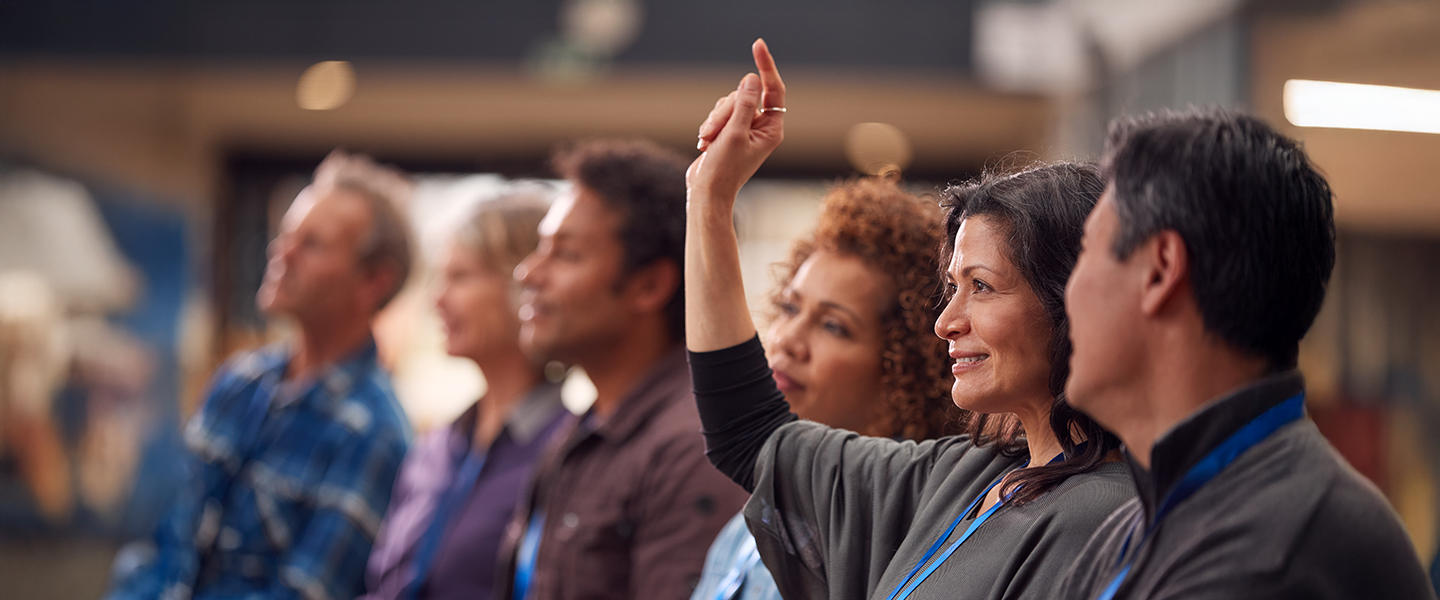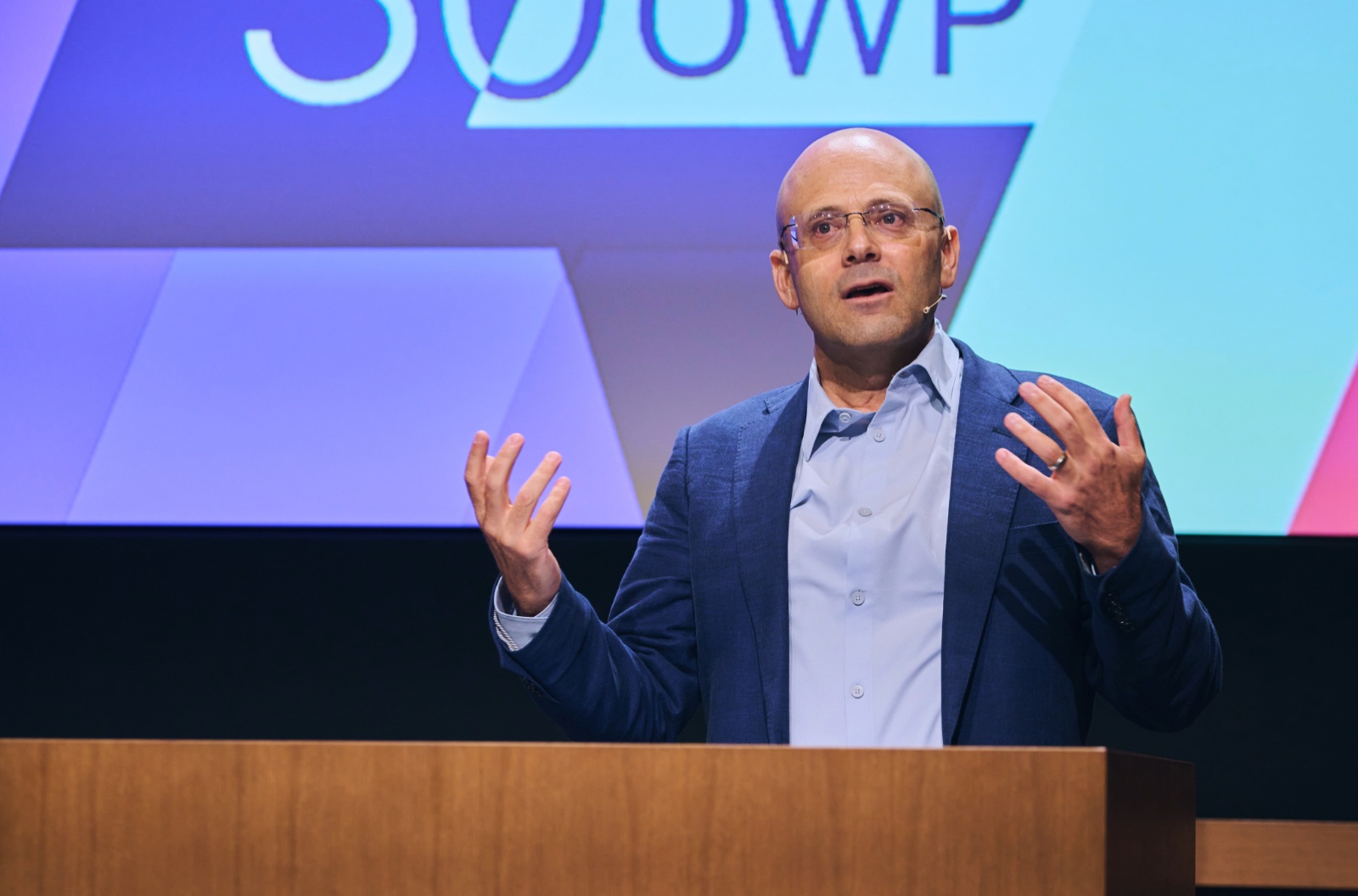An impact investor’s journey to provide solutions for basic needs in developing countries

This webinar, led by Professor Vanina Farber, elea Chair of Social Innovation and Reto Wey, Founder and CEO of Consulting for Impact, appeared live on Wednesday, 28 October at 1100 CEST.
How do you find and finance market solutions to provide basic needs, such as sanitation, in the developing world? Why and how do you venture into the impact-investing field?
This webinar focused on Wey’s personal journey into the impact economy and offered insights into how people across diverse backgrounds all have a role to play in its future. Wey gave some insights into the global sanitation crisis with more than four billion people lacking access to proper sanitation and how the Swiss startup Mosan is implementing a new circular solution.
This year has accelerated the transition towards a more sustainable, impact-focused model for the investment industry, according to impact investor and former banker Reto Wey, but it will require a rich diversity of perspectives and partnerships to address the big challenges facing the world.
“I fundamentally believe that the issues we are facing today can only be solved by bringing lots of different backgrounds and organizations together,” Wey said in the latest edition of the elea webinar series Mobilizing private capital to spark social innovation.
The webinar opened with a poll asking participants to reflect on how COVID-19 has changed the way they approach the impact economy. Participants responded that the pandemic has affected the way they approach their current positions, investment portfolios, charitable activities and ambitions to learn more about positive impact.
Wey, who worked in several senior roles at Swiss investment bank UBS, invests in entrepreneurial solutions for the provision of basic services such as sanitation and water in emerging economies, with a focus on promoting the circular economy.
He said that the current global health crisis had propelled the transition towards more sustainable models of investment and doing business.
“Generally, you have a lot more negative impact in traditional investment, but financial returns have been there,” he said. “On the other hand, you can have this positive impact, but mostly the returns are less. This year, that has changed quite a bit. This transition is definitely fully in motion, but we are not done yet.”
Wey said that, once externalities and costs were taken into account including carbon footprint, many companies could see their profits slump which would, in turn, reduce their attractiveness as investments as investors start to factor in impact alongside the traditional elements of risk and return.
“It will become more of an equal playing field as externalities are included,” he said. “There will be an equal playing field where you have to pay for negative impact and, hopefully, we won’t talk about impact any more – impact just becomes the third leg next to return and risk. We are on that trajectory.”
Farber said the pandemic has helped people to understand that the world is facing a systemic crisis and the massive value destruction that can cause for corporates.
“People have a renewed sense of urgency to think about how we speed up change,” she said. “We have seen a lot of money pumped into problems without solving them – by putting together capital with entrepreneurial skills and talent, we can foster innovation and impact.”
Looking beyond the traditional considerations
As an attractive field, many new investors are still learning how to approach impact investments. Wey argued it was important to look beyond the financial aspect of a possible investment and to factor in the bigger picture of a world undergoing a fundamental transformation.
Wey has developed a blended approach, from supporting entrepreneurs through direct impact investment to making philanthropic donations and lobbying for change at regulatory level to make the field more attractive for investors.
“In order to have fundamental change, we need to address all kinds of aspects,” he argued. “It’s great to have vision but we need innovation. On the one hand, I am investing but I am also spending a lot of time trying to develop the whole ecosystem because, for investors, aspects such as legal uncertainties are far too high. Quite a lot of different factors need to change to make something really truly investible.”
Making an impact while finding the right solution for investors, depending on their regulatory constraints, can include looking at additional resources of revenue such as carbon credits, but also different utilizing financial instruments such as catalytic finance and revenue share models.
“More and more, there are other ways available to foundations – not just grants, you can do debt and equity,” Farber said. “You need to talk to regulators so that they understand this new space of philanthropic impact investing and how catalytic this philanthropic money is becoming.”
Wey is pursuing these new opportunities with the foundation Toilets for All in Geneva which supports sanitation entrepreneurs in the developing world.
The democratization of investing
Wey observed that the explosion in digital impact investment platforms such as Charm and Kiva had enabled a democratization in the field which will only drive further impact as more investors with limited resources can support social innovation entrepreneurs and projects around the world.
“These make an important difference because if you go through bigger impact funds there are minimums that are mostly very high,” he said.
Concluding the webinar, Farber said would-be impact investors needed to take a holistic and personalized approach that focused not just on wanting to do good but also a realistic assessment of what can be achieved.
“We need to find real solutions to societal needs but, at the same time, you need your own goal or mission and values and you need to play to your strengths,” she said. “It’s not enough to have good intentions, you need those intentions to become reality.”
“There is a sense of urgency – a need for urgent, scalable, profitable and efficient solutions to solve the grand challenges we are facing today.”
To find out more about upcoming webinars from the elea Center for Social Innovation, please visit the Center’s page here.
Research Information & Knowledge Hub for additional information on IMD publications
Assortment optimization presents a complex challenge for retailers, as it depends on numerous decision factors. Changes in assortment can result in demand redistribution with multi-layered consequences. This complexity is even more pronounced for ...
in European Journal of Operational Research August 2025, vol. 324, no. 3, pp. 799-813, https://doi.org/10.1016/j.ejor.2025.01.035
Research Information & Knowledge Hub for additional information on IMD publications
in I by IMD
Research Information & Knowledge Hub for additional information on IMD publications
Research Information & Knowledge Hub for additional information on IMD publications
in I by IMD
Research Information & Knowledge Hub for additional information on IMD publications
in I by IMD
Research Information & Knowledge Hub for additional information on IMD publications
Research Information & Knowledge Hub for additional information on IMD publications
in I by IMD
Research Information & Knowledge Hub for additional information on IMD publications
Research Information & Knowledge Hub for additional information on IMD publications
in I by IMD
Research Information & Knowledge Hub for additional information on IMD publications
in I by IMD
Research Information & Knowledge Hub for additional information on IMD publications










